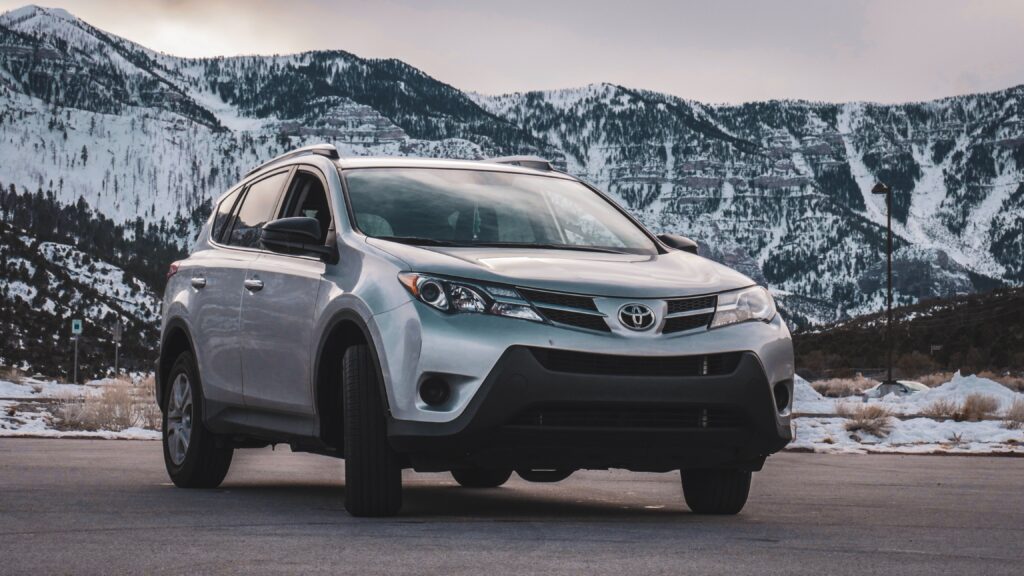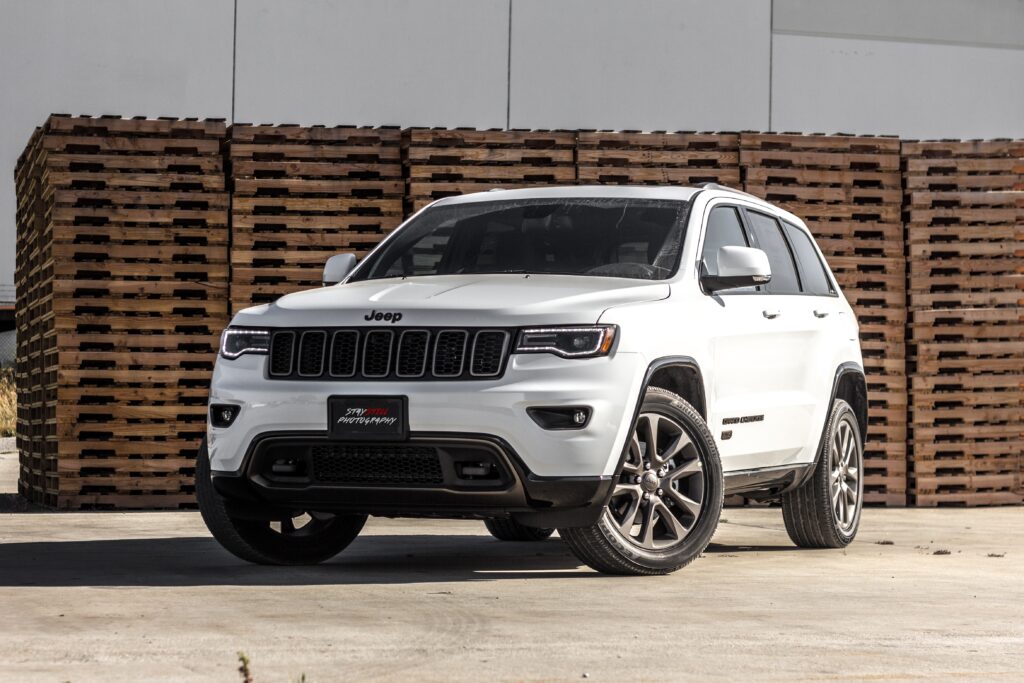Leasing vs buying a car, which one is right for you? Leasing an automobile requires a thorough understanding of car leasing basics and how you can make it work for you. You shouldn’t lease if you just heard from someone that it’s better than buying, and you don’t really understand it. Car leasing is not difficult if you’ve got all the information you need to maximize the benefits, and there are plenty of those. But there are some people who end up with a lease and soon regret it. Don’t be one of those people.
How do you know if you want to lease instead of purchasing? Consider the following basics and decide once and for all if leasing is for you.
Table of Contents
Leasing a Car Benefits
• Driving the latest car models makes your day, and you don’t mind changing vehicles every two or three years.
• You would rather pay very low monthly payments in the short term. However, you are willing to pay more over the long haul (as opposed to cheaper long-term payments by purchasing).
• You would rather drive a leased, brand new car that has all the best and newest gadgets for safety compared with a second-hand car.
• You would rather drive a car that is constantly under warranty.
• You don’t like used cars (buying them or selling them).
• You’re not overly worried that you’re not building ownership equity.
• Your lifestyle is easily predictable and relatively stable, i.e., you can predict your average number of miles daily.
• You are responsible enough to go to the shop for car maintenance at least monthly.
Buying a Car Benefits
• You can afford higher monthly payments.
• You want to build value for reselling or trading in your vehicle (equity).
vYou “own” your vehicle and your son or daughter can drive it when you’re done with it.
• You prefer paying off a loan quickly, be loan-free for a while, and still keep your car.
• You are willing to shoulder the cost of maintenance after the original warranty of the vehicle has expired.
• You drive more number of miles than the average driver (e.g., you have an adventurous lifestyle)
• You prefer to drive one car to the ground.
• You want to have the power to customize your cars and possibly resell them at a higher price.
• You anticipate a change in your lifestyle in the near future, i.e., transferring to a new place.
• You are apprehensive about paying possible lease-end charges.
Not everyone goes for a car lease and for good reason. Leasing will mostly benefit people who treat their vehicles as a part of the expense of running a business. Most of the time, you can attribute your leasing expenses to business use for tax deduction. A tax advisor can help you find out if you can deduct the cost of your business vehicle.
The leasing system is not perfect so expect to do some trial and error early on and decide on lease end whether or not you want to lease another car or continue your lease. A direct purchase is better for you if you want to benefit from the equity of your car when you finally hand over the final payment.
If the leasing system is good for you, you can lease one more car when the first lease agreement is done. If you are satisfied with your experience, you can appreciate why leasing is an advantage rather than a disadvantage for many consumers.
Leasing vs Buying a Car: Milage Limits
You have to remember that leases require adherence to stringent mileage limitations. On average, your mileage is limited to twelve thousand to fifteen thousand miles per annum. Going beyond this at lease end would mean a penalty or a fee, which could cost you as high as twenty-five cents per mile. But you can always opt to buy extra miles at a lower price at the start of the lease and get a discount if you anticipate that you will be consuming additional miles later on.
If you’re not as gentle on your vehicle than the regular driver, you may need to forego leasing and just buy. Most lease agreements stipulate that a car you leased must be given back in the best condition possible. When you give back the vehicle, dents, fender bender, cracks on the window, or damaged upholstery will be noted and assessed for penalty. Also, all accessories must be functional and not damaged. The “excessive wear and tear” payments are not cheap.
Uncertainties about your budget in the coming months could mean leasing is not for you. A leasing agreement is a commitment you should stick to for the whole period, and you may have to pay a steep fee if you end up terminating the agreement prematurely. Plus, your leasing company may not agree to terminate the agreement.
If you can’t avoid early termination of your car lease, you must buy out the first lease as part of the deal. Calculate the termination fee before you decide to opt out without making a deal to purchase the vehicle. These systems are in place to prevent leasing customers from trying to break their leases on a whim.
What are the Benefits of Leasing?
Leasing is popular, and most people who lease cars are happy with their contracts. The primary reason for this contentment has something to do with the prices of new cars. Over the past decade, fewer people have been able to afford luxury cars, and regular car prices have been following the price increase trend.
The average consumer wants the option of changing cars without having to put up with trading second hand cars. Increasing lifestyle costs have also led to the popularity of automobile leasing. Instead of not planning to own a car because you cannot afford it, you can take on a manageable lease and still live comfortably.
The cost of living has dramatically increased, as you well know, and the minimum wage does not cover all the costs. With a stringent budget for transport, leasing is more affordable than buying, and most people can afford to lease a car but not buy one. Purchasing a car is still possible for those who can afford it, but regular people can benefit more from leasing than the well-off ones. Personal vehicles are more affordable if you’re leasing them.
Many automobile producers have teamed up with finance companies to save consumers, and car leasing packages are the obvious solution. These finance companies have simply modified the general idea of business leasing, which most people are familiar with. Due to the fact that the two systems have similarities, many people are able to understand the concepts associated with consumer leasing.
In general, leasing has become popular for the reason that people can drive the vehicles they want. Often, these vehicles are high end. Lower monthly payments are the main advantage of leasing for the cash-strapped majority, but most people should look at other aspects of leasing as well.
Why Choose Leasing Over Buying a Car?
Here is the nitty-gritty of leasing costs vs. buying costs.
Let’s compare the money outlay of purchasing a vehicle with a loan for thirty-six months at 6.75% to the cost of leasing the same model vehicle for thirty-six months. This is simply to provide a bird’s eye view of the advantages and disadvantages of leasing vs. purchasing a vehicle.
Let’s Talk Price
The price of the car is the same whether you are leasing or buying. What does this mean to you? You should talk to your dealer and negotiate on the purchase price of the car like you would when buying a car.
One reason to lease is to keep the downpayment low. You can even forego the downpayment entirely if the dealer allows it. If you can’t afford the hefty downpayment associated with a car purchase, leasing is the obvious choice. To obtain the best interest rate on a new car loan, a consumer would pay twenty percent of the total price initially.
What About Trade Ins?
Some buyers have another vehicle to trade and use such to lower the price. Unfortunately, a trade in is not applicable for someone who is leasing a car. A leasing customer will not have something to trade in to offset the price of the down payment, but the good news is that the lease price is low enough to be affordable. The abovementioned “downpayment” for a lease covers the first month’s payment.
What is the Monthly Payment?
Monthly payments are very low if you lease rather than buy. Paying for only a fraction of the price of the vehicle will benefit you if you have other things to pay for during the month. Remember, this example is computed according to a thirty-six-month lease vs. a thirty-six-month loan. Some buyers may take on 48-month or 60-month loans to lessen the amount of money they have to pay monthly for the car purchase, though taking on a long-term loan is still costly because of the rate of interest. However, a straight comparison with a longer loan is difficult, as leases that are established for a period longer than thirty-six months are rare if not unavailable.
After the 36 Months How Much Money Have You Paid?
No matter what the retail price of the car is, your lease payments after thirty-six months will still be definitely lower than the price of purchase. If saving money is your primary objective, the lease will benefit you. At lease end, you’ll be paying less than someone who bought the car.
Can You Benefit From the Residual Value of the Car?
When you lease, you get $0 residual value. This is the main disadvantage of leasing. You do not have equity into your car. The buyer, on the other hand, has put in a large amount of equity in the vehicle regardless of the higher monthly payments. The equity can be used as a down payment on another new vehicle, i.e., you recently got married and you want to buy a new car for your spouse. In terms of equity, it is better to buy than lease.
It all boils down to the final cost or how much you spent all in all. Here’s where the real cost of leasing becomes obvious. While a car lease saved you a huge amount of upfront cost, buying is more advantageous if you factor in the value of the vehicle.
If you are interested in this along with other leasing information, check out our all encompassing Car Leasing Guide.




